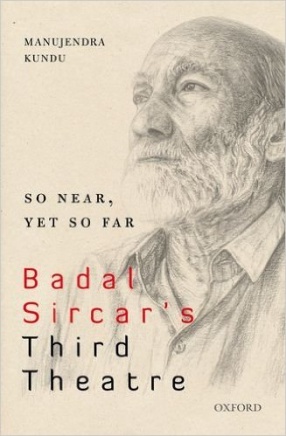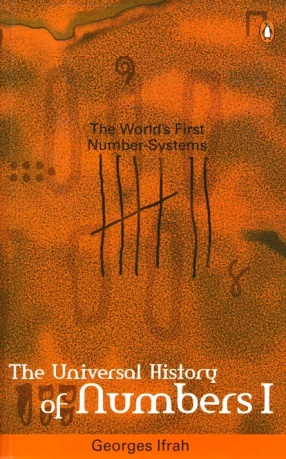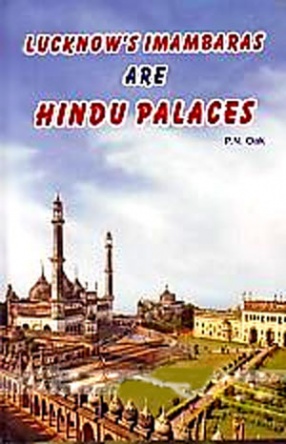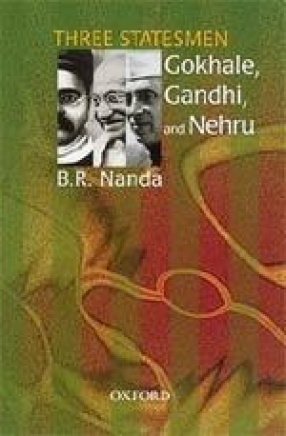An engineer by profession, an active Communist Party member, and an influential dramatist and stage director, Badal Sircar (1925–2011) penned several acclaimed plays during the turbulent period of the late 1960s and 1970s in West Bengal. He is known for bringing new idioms into theatrical praxis. His own brand of experimental discourse the Third Theatre is an urban theatre that is characterized by flexibility, intermingling of the performer and the audience to bring the two closer to each other, and low cost of production. Till date his art influences theatre practitioners not only in South Asia, but in the global scene at large.
Covering the career of this legendary dramatist, Manujendra Kundu traces the journey of theatre in nineteenth-century Bengal from folk culture to the proscenium to open-air performances. Based on his study of over 50 plays by Sircar, both published and unpublished, Kundu brings to the fore the lost voices of some members of the Third Theatre. Comprising some rare photographs of performances by Sircar’s theatre group, Satabdi, this book is an authentic history of the formation, and the subsequent decline, of Badal Sircar’s Third Theatre.





There are no reviews yet.